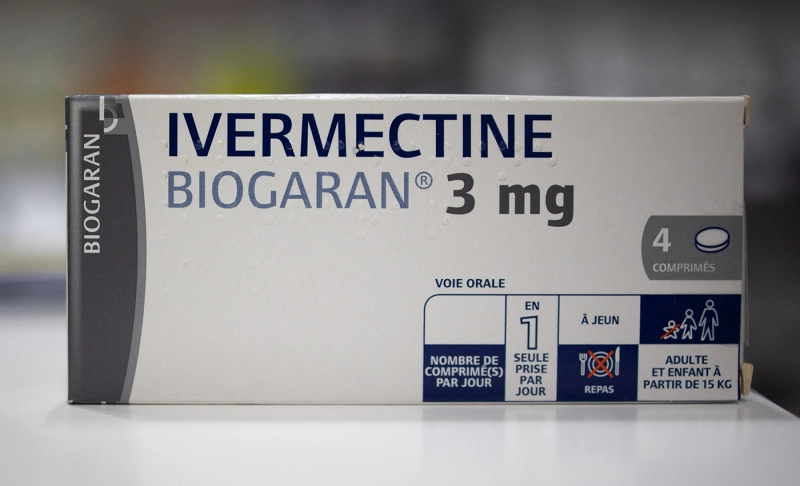By: Shashi M
October 4 2021

Ivermectin is not authorized for the treatment of COVID-19 in Australia. Prescribing Ivermectin orally is limited to certain conditions or infections.
Ivermectin is not authorized for the treatment of COVID-19 in Australia. Prescribing Ivermectin orally is limited to certain conditions or infections.In mid-September 2021, a recorded one-and-a-half-minute talk from a man claiming that Ivermectin is being used in Australian hospitals to treat COVID-19 patients who have been vaccinated despite being banned first appeared on social media reports Reuters. To create a narrative that vaccines are effective, he claims that local hospitals exclusively treat COVID-19 vaccinated patients. These assertions are untrue. A Therapeutic Goods Administration (TGA) spokeswoman told Reuters that there was no evidence of Australian hospitals utilizing the drug to treat COVID-19 vaccinated patients. In a press release on August 23, TGA, part of the Australian Department of Health, said Ivermectin is a prescription medicine not approved to prevent or treat COVID-19 in Australia or other Organisation for Economic Co-operation and Development (OECD) countries. Because self-medicating and self-dosing with Ivermectin for COVID-19 can be harmful, the TGA strongly cautions against it. There isn't enough evidence to justify the use of Ivermectin in COVID-19 patients. Ivermectin is prescribed for the prevention and treatment of parasitic illnesses caused by mites and worms. The Australian government has approved Ivermectin to treat roundworm infections, scabies, and inflammatory rosacea. However, Ivermectin's antiviral activity against COVID-19 and improvement in clinical outcomes have yet to be proved. COVID-19 treatment is not recommended for any TGA-licensed ivermectin medications, suggesting that the TGA has not evaluated the products for this condition's safety and efficacy. Off-label prescribing of Ivermectin requires doctors to weigh the risks and benefits and get informed consent from patients about the condition and treatment alternatives. A more evidence-based study is needed to evaluate whether Ivermectin could be an antiviral drug to combat COVID-19 disease. Larger and more consistent randomized controlled clinical studies are required. On September 10, the TGA implemented new restrictions on prescribing oral Ivermectin, following the Advisory Committee for Medicines Scheduling's advice. General practitioners can prescribe Ivermectin for TGA-approved illnesses or indications such as scabies and parasite infections. Infectious disease specialists, dermatologists, gastroenterologists, and hepatologists can prescribe Ivermectin for unapproved signs. If it is appropriate for the patient, the professionals can prescribe it. Concerns about the administration of oral Ivermectin for the purported prevention or treatment of COVID-19 prompted these revisions, the release said. The World Health Organization, National COVID Clinical Evidence Taskforce, and the U.S. Food and Drug Administration all strongly advise against its use by the public for COVID-19. The Drugs.com report said the FDA had not approved the use of Ivermectin to treat COVID-19 patients. Ivermectin should only be used in COVID-19 patients as part of a clinical trial in a research setting. Humans should not use ivermectin products that have been licensed for use in animals. Veterinary products are designed to treat large animals and contain much more significant amounts of Ivermectin than human-use drugs. WHO's latest guidelines for COVID-19 treatments are included in WHO Therapeutics and COVID-19 living guidelines. It recommends that in a research context, Ivermectin should only be used in individuals with COVID-19 as part of a clinical trial. A comprehensive assessment of randomized clinical trials that employed Ivermectin for COVID-19 led to this recommendation. They believe there is a high degree of ambiguity about whether Ivermectin is beneficial or harmful in treating COVID-19 after examining the data from the studies.